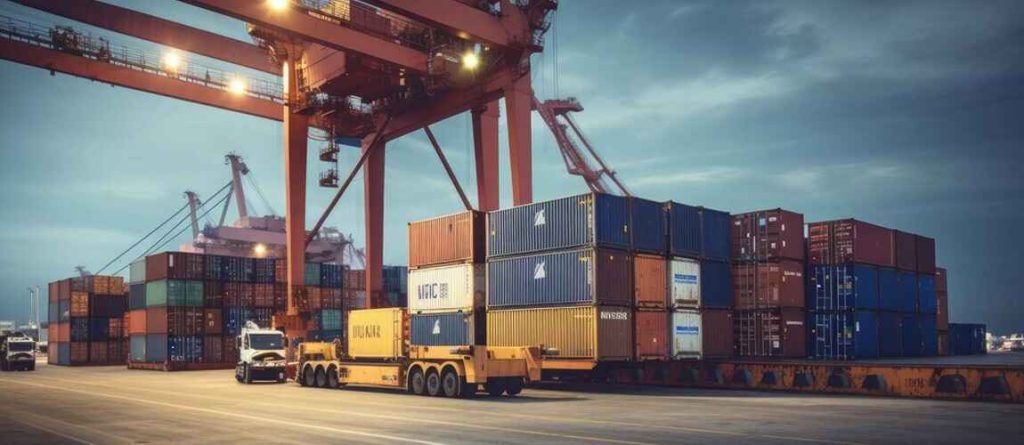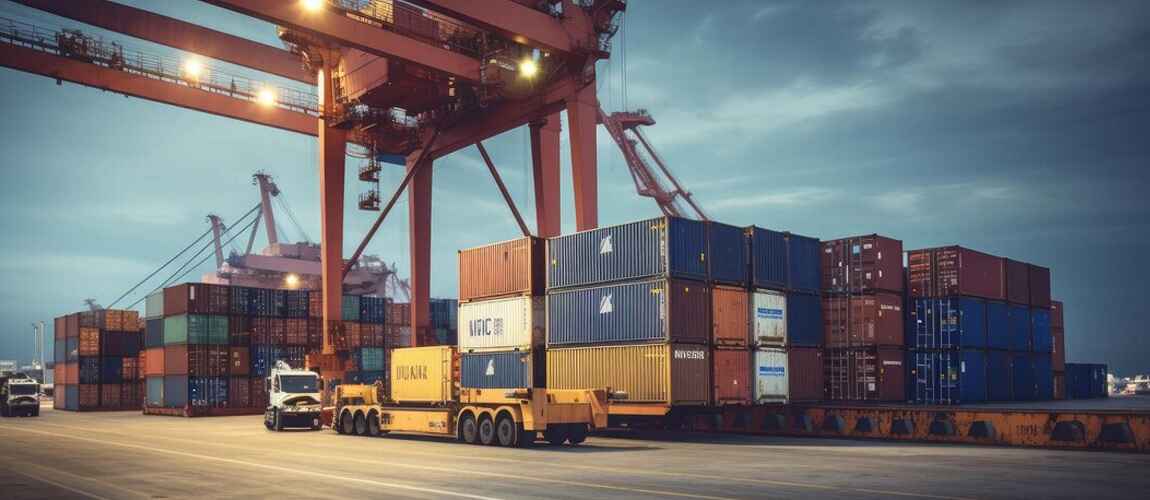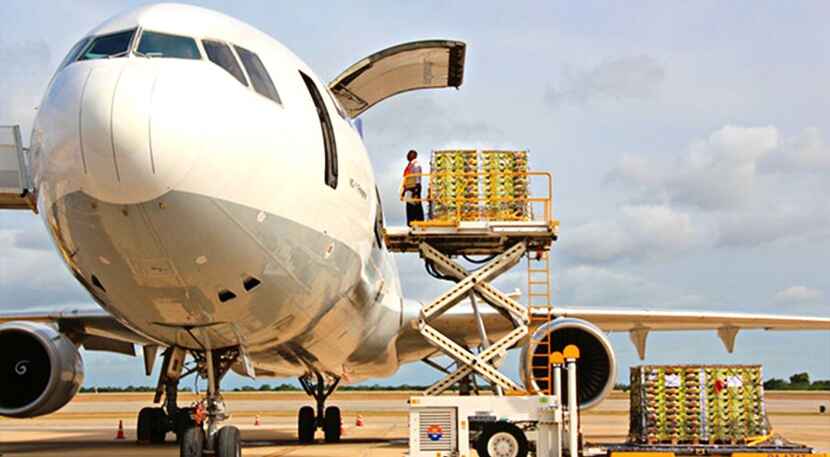
There’s an exponential growth in the freight van delivery industry. A cargo van can improve the caliber of your services if your delivery company is seeing explosive growth in orders but you are attempting to make fewer deliveries than you can handle. A cargo van is the ideal choice whether you want to operate an entirely separate company or generate passive revenue.
Businesses cannot afford to make mistakes when fulfilling client orders online because more and more people are doing so.
Small businesses find cargo vans the best option because they can accommodate a sizable load while maintaining the same level of traffic agility as a big passenger car. Although they lack rear windows, the driver’s seat and holding area are combined, and most of them feature two doors that open forth at the rear of the van and a sliding door on the side.
When unloading packages, cargo vans are comfortable on the road. They can see well, and a modest front gives them additional clearance.
How to use a cargo van to generate income
Deliveries are a cargo van’s most obvious purpose, and modest delivery loads ought to be easy to acquire and rather profitable in the hectic world of e-commerce these days. Sometimes there are more creative concepts that have the potential to be profitable because fewer people provide those services.
Regardless of the service, don’t forget to account for mileage and gasoline in your pricing. The amount of this cost is typically set annually, however some trucking companies include a fuel surcharge to cover any sudden changes in fuel prices in their pricing structure. To calculate your expenses, download a cost-per-mile calculator.
Begin Your Own Transport Company
You may make extra money with a lot of different cargo van business ideas. My best concepts are a few of these:
Moving assistance; P2P delivery; mobile vehicle washing; pressure washing firms; catering; mobile pet grooming; cleaning companies; cargo van restorations and sales; courier services for nearby businesses; Ultimately, there are a lot of business concepts that need a cargo van to deliver products or render a service.
Transport Items For Individuals
Two other incredibly simple ways to start earning money are hauling things and rubbish disposal. In large cities, this kind of strange work is highly common. Ultimately, a lot of individuals would prefer to pay someone to carry their trash rather than doing it themselves.
Therefore, if you take someone’s trash to the dump, you can charge them a flat fee. As an alternative, consider picking up items like furnishings or appliances, giving them a little TLC, and then selling them at a profit.
Register your company for cargo vans

Depending on their availability, you might need to choose an organization name and logo before establishing your cargo van company. By maintaining the logo and name of your company original, you can avoid license violations.
After that, you can build a legitimate website and publish your cargo van delivery company on Google to attract customers.
You may establish your van transportation business entity with an LLC, company, or partnership, depending on your needs. A lawyer can assist you with the entity’s setup and provide further details regarding its use and terms and conditions.
It could be a good idea to open a bank account specifically for the freight van delivery company. It will assist you in keeping your personal and corporate finances distinct, establishing the legitimacy of your company, organizing your affairs, and filing your taxes on time.
File for a permit and obtain cargo insurance.
For your van business, you don’t need a commercial driver’s license (CDL), but depending on what kind of business you are in (flower delivery, courier services, or other transportation industries), you might need to obtain the necessary permissions, licenses, and cargo insurance.
Promote the delivery services you offer.
Now that everything is in place, it’s time for a killer marketing strategy to propel your company’s expansion!
You don’t want to squander money on people who don’t know about your business. Promoting your cargo van company will draw in more clients and increase recurring revenue. It additionally will boost spectator participation and site visits. Those who look for moving services are potential clients.
One practical strategy that will assist in raising consumer awareness is digital marketing. Additionally, you could wish to bring on staff members or marketing experts to help increase visitors. These experts are skilled in creating ads that are specifically targeted to the audience you want and generate a sizable amount of leads.

 07424380227
07424380227

